
Nepal-UK BCM Meeting: Talks on Ex-Gurkha soldier grievances to continue, boosting relations
The sixth meeting of the Nepal-United Kingdom Bilateral Consultation Mechanism (BCM) took place on Wednesday at the Foreign, Commonwealth and Development Office (FCDO) in London, signaling the continuation of a collaborative effort between the two nations.
The meeting between Nepal and UK representatives resulted in a shared understanding of the current state of bilateral relations, and the need to expand cooperation in areas of mutual interest was emphasized, as reported by the Nepali Embassy in London.
The delegations from both countries exchanged their views on the longstanding friendship and cooperation spanning over two centuries. The discussions also involved an overview of the progress made in various significant aspects of the bilateral relations, which included development cooperation and priorities, trade, investment, and tourism, education and human resource development, consular matters, people-to-people linkages, British Gurkha issues, climate change, sustainable development, and mutual interests in multilateral forums.
Likewise, during the meeting, the two sides reviewed the ongoing discussions concerning the grievances of Ex-Gurkha soldiers. It was agreed upon that the dialogue would continue, with the aim of finding a resolution that would address these issues in a satisfactory manner.
The UK delegation shared the priorities for future cooperation, which included supporting Nepal in its transition to a middle-income country and progress towards sustainable development goals, as well as help in mobilizing investment and climate finance, and expanding access to education, especially for girls. The UK also highlighted the changing shape of its development cooperation portfolio. In response, the Nepali side expressed appreciation for the valuable development cooperation provided by the UK, emphasizing the need for continuity and enhancement of such support during a critical time of graduation from least developed country status.
Similarly, the representatives of Nepal and the United Kingdom, both sides agreed to continue working towards strengthening their cooperation and engagement in key sectors such as trade, investment, energy, and tourism. It was acknowledged that investing in Nepal’s clean energy sector could provide economic benefits while also addressing climate change concerns. The meeting also explored avenues for utilizing investment windows such as the British International Investment (BII) to support renewable energy and the information and communication sector. The possibility of channelizing more resources from the British Investments Partnership (BIP) was also discussed.
Furthermore, both sides expressed their willingness to collaborate on a range of issues of common interest at multilateral forums. This includes advancing the agendas of climate change, poverty alleviation, and sustainable development. The United Kingdom commended Nepal for its contribution as the second-largest troop-contributing country to UN peacekeeping operations.
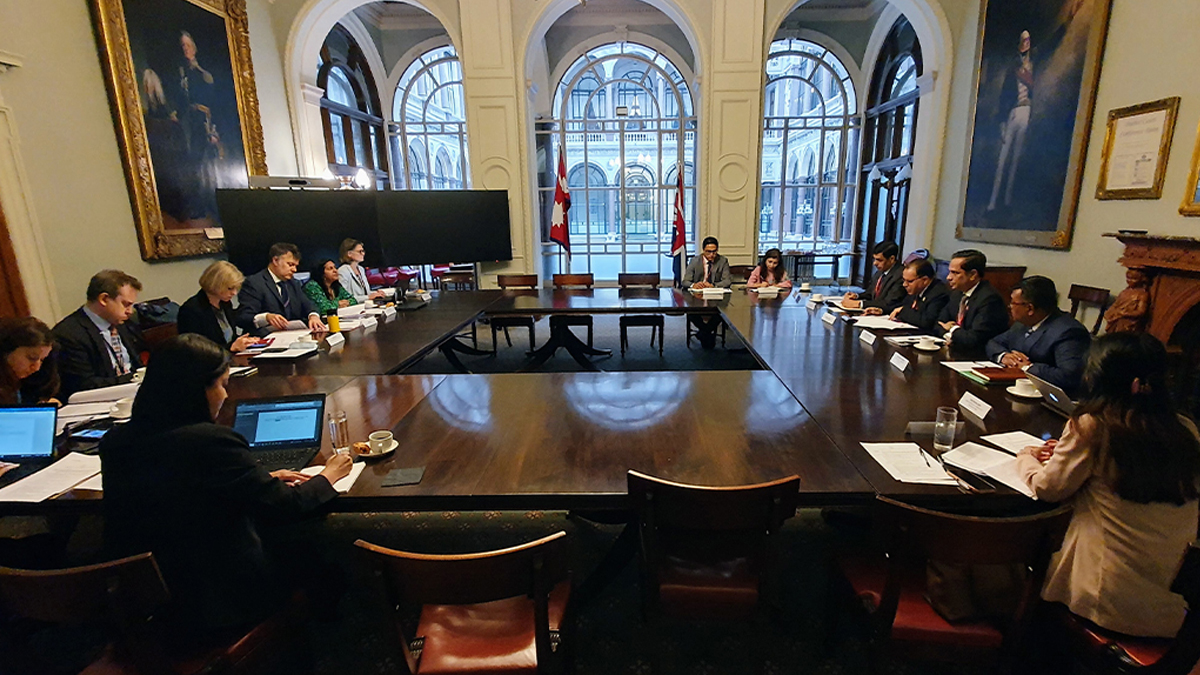



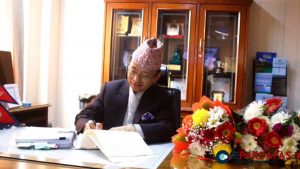
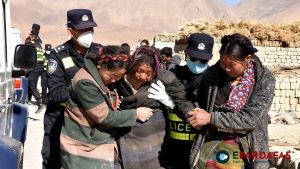
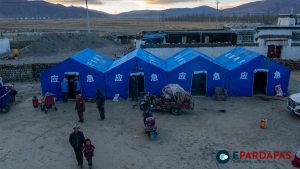

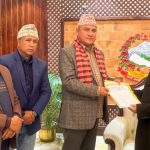


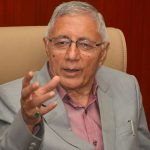

Comments